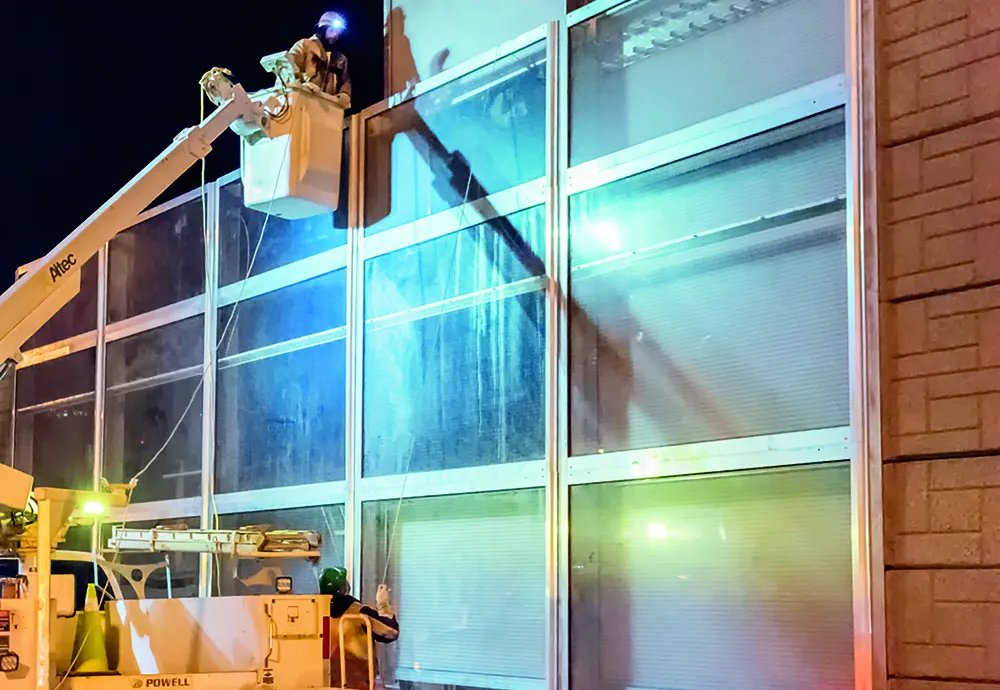Parking technology specialist Parkeon has developed a module for its Strada range of terminals that captures air quality data, enabling authorities to monitor levels of particulate matter and pollutants such as CO2. According to the company, its parking terminals are capable of integrating with smart third party systems, including supporting environmental monitoring technology.
July 26, 2017
Read time: 1 min

Parking technology specialist
Parkeon’s terminal-based ‘Park & Breathe’ system integrates air quality and noise sensors within the solar-powered Strada terminal and relays the data to a secure portal that can be accessed by environmental authorities.








